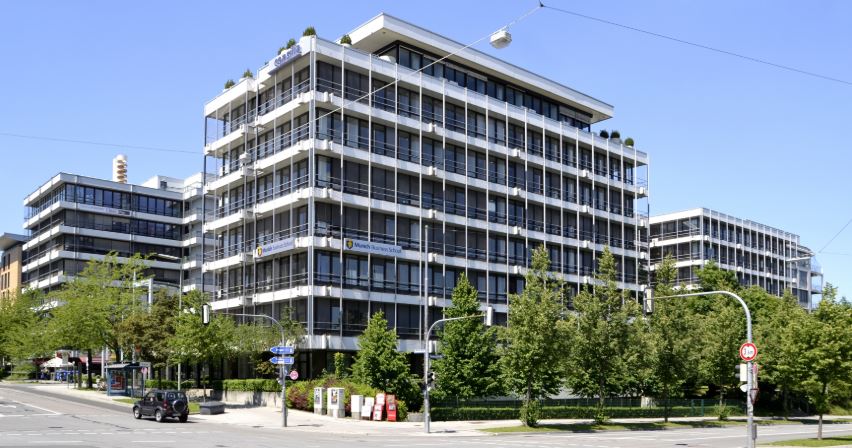One of our consultants has shared his views on Post-MBA Job Scenario in Germany.
International MBA in its traditional sense has always been claimed to be a ‘long-term investment’ as the pursuing candidates usually tend to reap the economic and professional benefits over extended duration. I opine that it does not hold completely true for Germany and the related job market that offers one of the highest Return-on-Investment for MBA.
On average, the program and the cost of living are cheaper as compared to the same in US/Canada/UK and likewise for even the acclaimed schools in neighboring France and Netherlands.
The not-so-old German MBA programs have started only after the Bologna declaration of 1999, before which the related course offerings were primarily more locally customized in the form of “Diplom-Kaufmann” in German language.

However, this has not deterred them in getting a wide acceptance in the local job market. The top five business schools, some of which consistently feature among the top 100 global b-school rankings, have formalized a network called “MBA Alliance Germany”.
The job market places much emphasis on the corporate skills acquired locally through internships, student consulting projects, which the schools help the candidates with, and part-time jobs apart from laying over the past work experience and skill-set.
Candidates with past work experience in traditional German firms tend to catch more attention of recruiters.
Additionally, German fluency helps penetrate the job market much more easily with B2 level that is termed as business fluency. Though the B-schools usually also offer German courses as part of their curriculum, but it is always advisable to take some language lessons pre-MBA as the one-year program could get exhaustive.
Known for exacting product designs, Germany has been the pioneer in manufacturing and automotive industries, generating a lot of employment.
Often criticized for lagging implementation of digitalization after giving birth to “Industry 4.0“, the-increasingly-more-open Germany has a booming job-market, especially for IT industry that tends to get quite flexible towards English speaking jobs.
While Munich and Berlin (the capital and start-up hub of Europe) offer most of the technology-related jobs, Frankfurt has been the mecca for finance.
The seat of European Central Bank and many banking and non-banking institutions has also gained from Brexit as many financial firms have moved their operations from London to Frankfurt and Paris. For strategy consulting, one of the most sought-after business fields, most management consulting firms hire younger Master in management graduates rather than the relatively more-aged MBA graduates (usually without typical relevant industry experience and professional to native-level German fluency).
Germany has a shortage of skilled labor in the fields of science, technology, engineering and mathematics. For the same, it lowers the minimum wage requirement for issuing Blue Card, the work permit valid to work across most of the European Union nations. Statistically, Germany has issued more than 84% of the total Blue cards till 2018, revealing that it has been the favorite country in the EU for “highly-skilled“ migrants.
I have myself witnessed candidates having studied in top MBA programs in France and Spain ending up working in Germany itself owing to more opportunities.
Substantially, I conclude that all this makes the case much compelling to pursue Germany as a sought-after destination for MBA as well as career opportunities after that.

Excellent information.